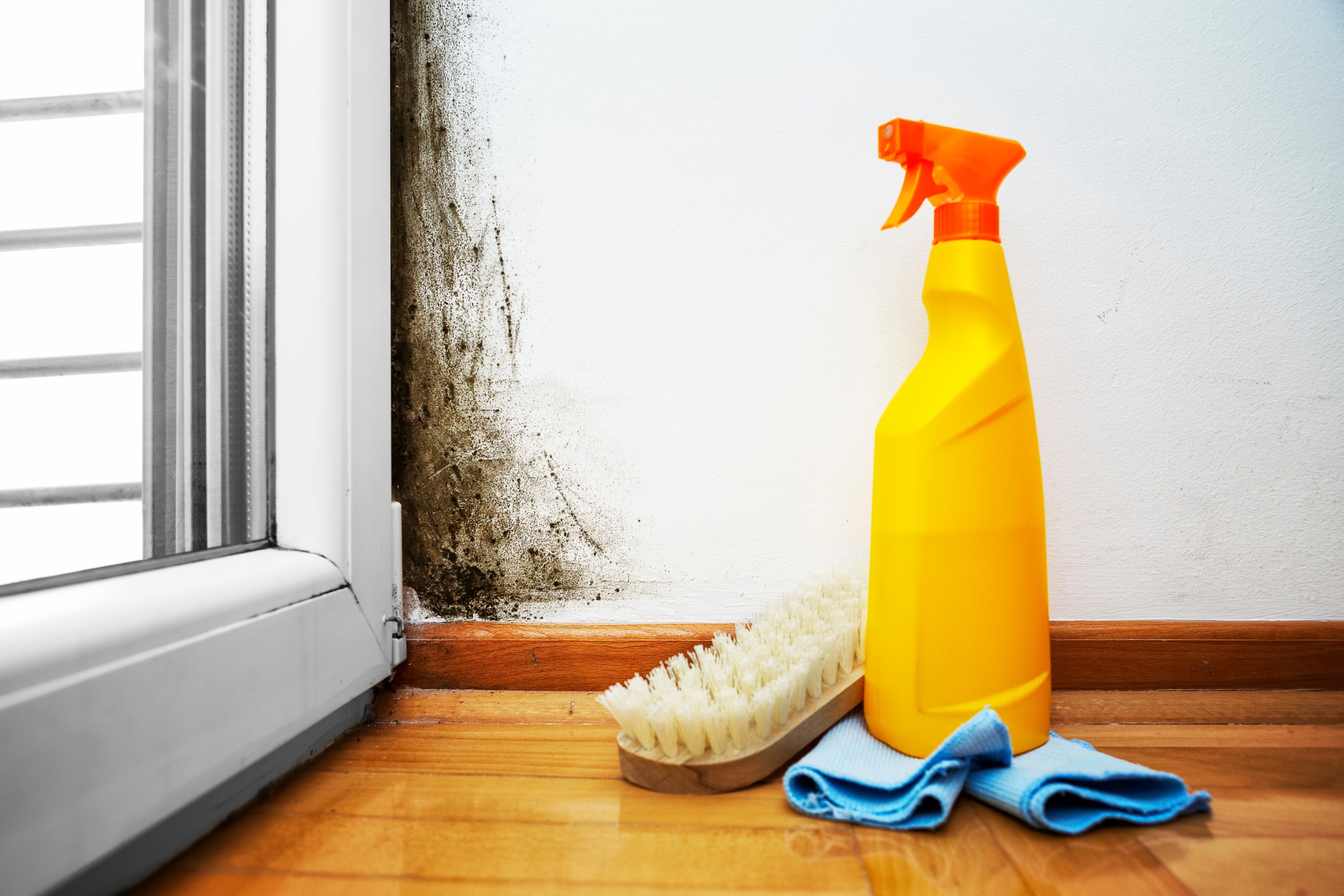
Is Mould In Rented Property A Landlord’s Responsibility?
Over the past couple of decades, rental accommodation in Peterborough has greatly improved, however mould in rented property is still an issue plaguing landlords and tenants alike. One of the biggest problems is that responsibility for preventing mould in the first place lies with both the landlord and the tenant, and that means that the parties blaming each other can end up taking priority over resolving the problem at its cause.
So, if you’re based in Peterborough, are landlords responsible for dealing with mould in rented property? Find out here, as the expert team at PTL lettings have put this helpful guide together for you.
You may also be interested in 8 Things UK Landlords Need To Know
What Causes Mould?
Mould in rented property can have several different causes including penetrating damp, rising damp, and condensation. The most frequently seen reason for mould developing in properties is, undoubtedly, condensation, but luckily, it’s also the easiest cause to address.
It’s trickier to resolve a rising damp problem, but fortunately, it is encountered far more rarely. Usually, this issue is found in older properties, however, new homes may also be affected, especially if they’ve recently had repair works carried out that could have caused damage to the damp proof course.
If your property suffers from rising damp, it’s likely to be your responsibility as the landlord to resolve it, although if the tenants have interfered somehow with the damp proof course, it could be their responsibility to deal with.
If your property suffers from penetrating damp, its source must be found so the issue can be solved. Usually, it will be down to missing roof slates or leaking pipework – issues that are the landlord’s responsibility to rectify.
What Are The Tenant’s Responsibilities With Regard To Mould?
Tenants will usually need to keep any condensation inside the property to a minimum. If a faulty heating system or inadequate insulation is the cause of condensation, the landlord must take responsibility. Otherwise, condensation is something the tenants need to control by ensuring proper ventilation and temperature levels. They should follow these tips to reduce condensation and mould in rented property:
- Close the door of the bathroom when bathing or showering and open the window or use the extractor fan afterwards.
- Dry laundry outdoors whenever possible or utilise a dehumidifier.
- When cooking, cover pans with lids to prevent steam from escaping.
- Wipe wet windows down and keep them open for ten minutes each morning.
- Make sure furniture is 10cm-15cm away from the external walls to prevent the evolution of a microclimate.
What Are My Responsibilities As A Landlord With Regard To Mould In Rented Property?
If mould is affecting your tenant’s safety or health, or if it has occurred due to a property issue that can be repaired, it’s your responsibility as the landlord to rectify it. Landlords must ensure their property is fit for living in under the terms of the 2018 Homes (Fitness For Human Inhabitation) Act.
Some repairs you may need to carry out to resolve mould issues include:
- Repairing broken bathroom or kitchen extractor fans
- Fixing a faulty heating system
- Resolving guttering issues
- Repairing window frames that have rotted
- Fixing plumbing leaks
- Repairing roof problems
- Fixing large cracks in the external walls
This is where the services of a letting agent in Peterborough can help you stay on top of maintenance!
What Next?
If you’re a landlord in Peterborough and you need advice, or a valuation, get in touch with the PTL Lettings team today on 01733 555183 or at info@ptl-lettings.co.uk. We’re looking forward to working with you.
Frequently Asked Questions About Mould In Rented Property
Is mould a landlord’s responsibility?
Can I withhold rent for mould?
No! Tenants cannot withhold rent because a landlord has not made necessary repairs.
How to Clean Mould on Walls



